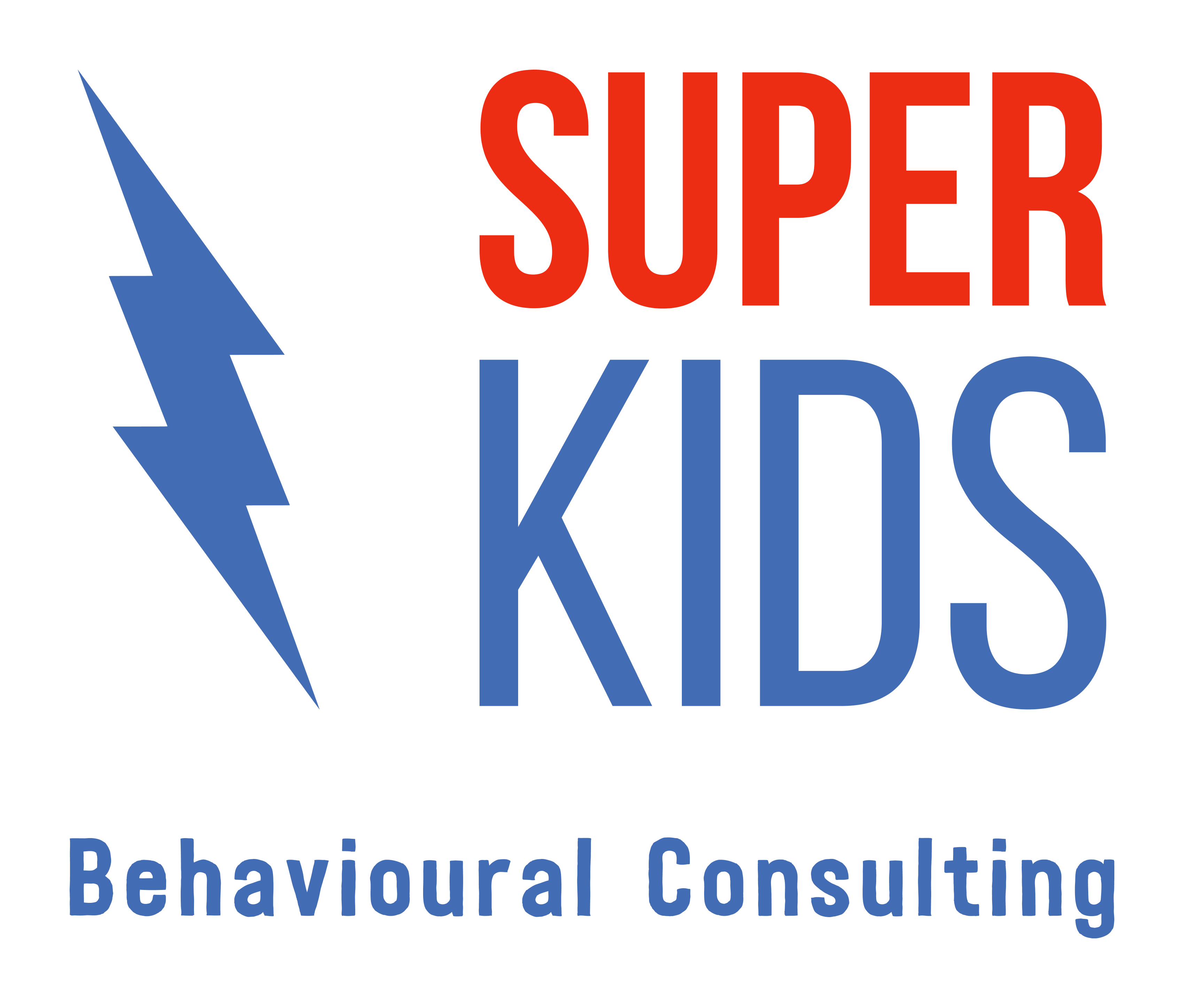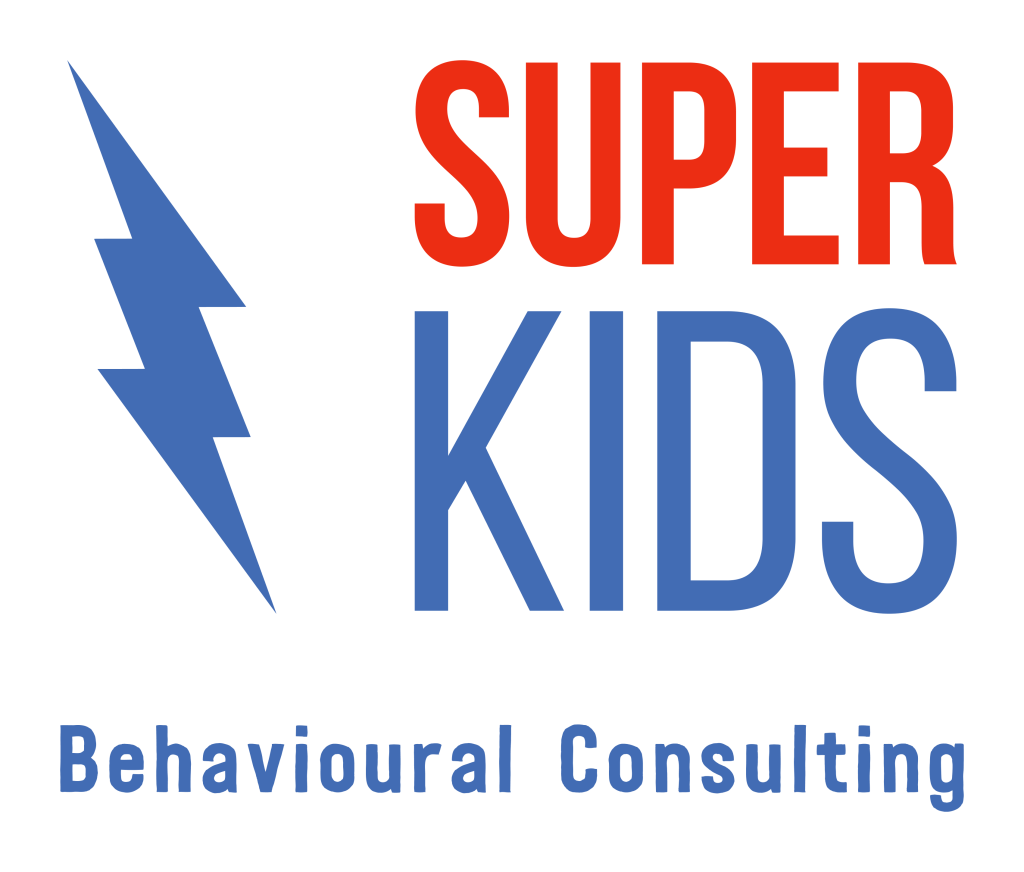Bowel Movement Toilet Training: Function Based Treatment for Encopresis Course
A practical, self-paced, online course helping you confidently navigate & troubleshoot your way through toilet training and teaching your child bathroom independence.
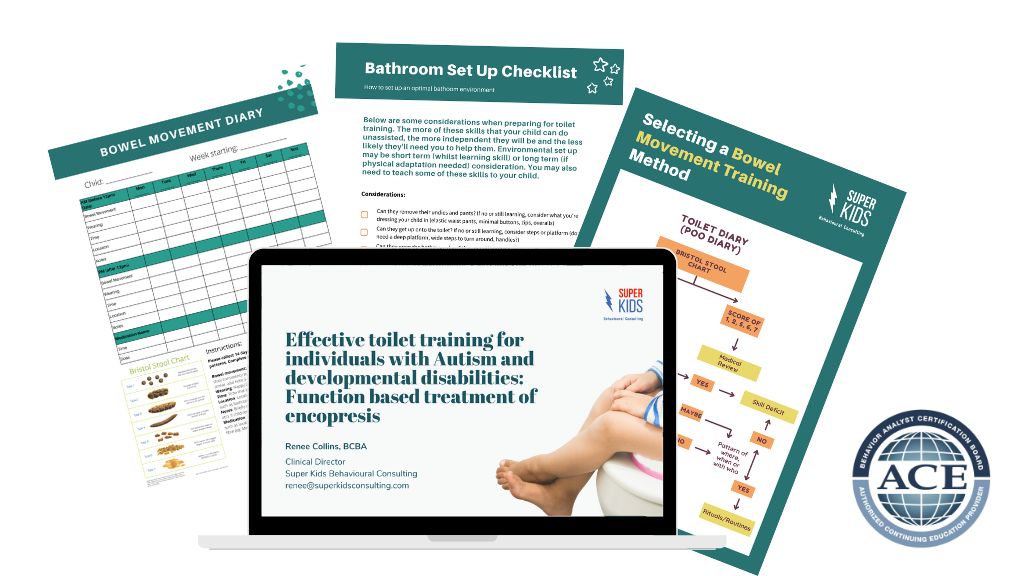

This practical online course will walk you through the functions of encopresis (fecal incontinence or soiling) and then determine what intervention would be most appropriate based on this. This course is delivered by the Super Kids Clinical Director, Renee Collins, CBA, BCBA.
About this course:
Autistic individuals are more likely to experience toileting problems such as enuresis, encopresis, soiling and other toileting problems more so than the general population (Van Laecke, 2008). Problems with incontinence past the age of expected training are reported in between 23% to 86% of individuals with intellectual disabilities with the average prevalence likely being between 60% and 65% (Van Laecke, 2008). Toilet training methodology has typically focused on achieving urinary continence but many children do not achieve bowel continence after achieving urinary continence alone. This presentation will review function based approach to bowel training. Reasons encopresis can occur include a medical cause, skill deficit, fear of eliminating, non- compliance and ritualisation (Cicero, 2012). All reasons, excluding medical cause, can benefit from behavioural interventions, such as reinforcement, skill acquisition, stimulus fading and prompts. Each of these interventions has characteristics that make them optimal for certain environments and individuals, but less optimal for others but these decision should be based on what the current barrier to continence is. This presentation will summarize these difficulties, will provide a clinical decision model for selection of interventions based on client characteristics and the function of the behaviour and the constraints of the therapeutic environment.

7
MODULES
17
HANDOUTS
2+ Years
AGES
2 Hours
DURATION
English
LANGUAGE
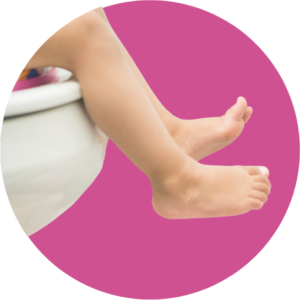
What you’ll learn
- Development of continence and bowel control
- Considerations for when to start bowel training, such as “readiness”, medical considerations and toilet set up
- Function based approach to why your learner may not have had success so far.
- Super Kids Bowel Training decision flowchart. This is a A flow chart to help you decide what is the most appropriate way to teach your child
- Interventions based on function
- Final considerations
This includes:
- 1 CEU (BCBA) or PDU (CBA)
- Super Kids Bowel Training decision flowchart
- Download resource booklet with tools discussed in
- course
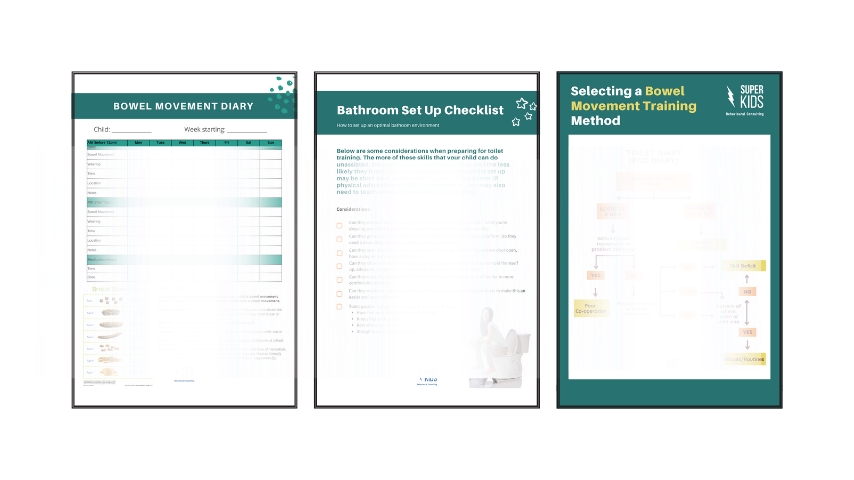
Super Kids acknowledges each individual’s personal preference to use identity-first or person-first language to describe themselves or their loved one. We interchangeably use both language conventions and therefore refer to both Autistic children and children with Autism.
